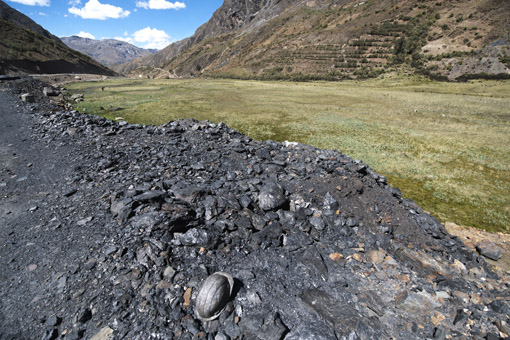The extraction of oil, natural gas and minerals is transforming Latin America. The conflicts that accompany this extraction have become part of the social and political landscape in much of the region.
Some of this conflict has been violent. In June 2009, a confrontation between protestors and police in Bagua, Peru left at least 43 people dead, including 33 policemen. In September 2011, the Bolivian government cracked down on protestors who marched from Trinidad to La Paz in opposition to a highway designed to pass through the Territorio Indígena y Parque Nacional Isiboro Sécure (Isiboro Sécure Indigenous Territory and National Park—TIPNIS) that, among other things, would have facilitated hydrocarbon extraction. Mining Watch reports that since 2008, four activists have been murdered in Cabañas, El Salvador, where Canada’s Pacific Rim Mining Corporation hopes to open a new gold mine; local organizations believe these deaths are linked to the mining project. In the Cajamarca region of Peru, site of the Yanacocha gold mine, many activists and protestors have been harassed and some killed for over a decade.
These violent conflicts catch the eyes of the press and worry investors. Of equal poignancy are the less visible conflicts and silent anxieties that colonize the everyday lives of residents in areas afflicted by disputes over extractive industry…




